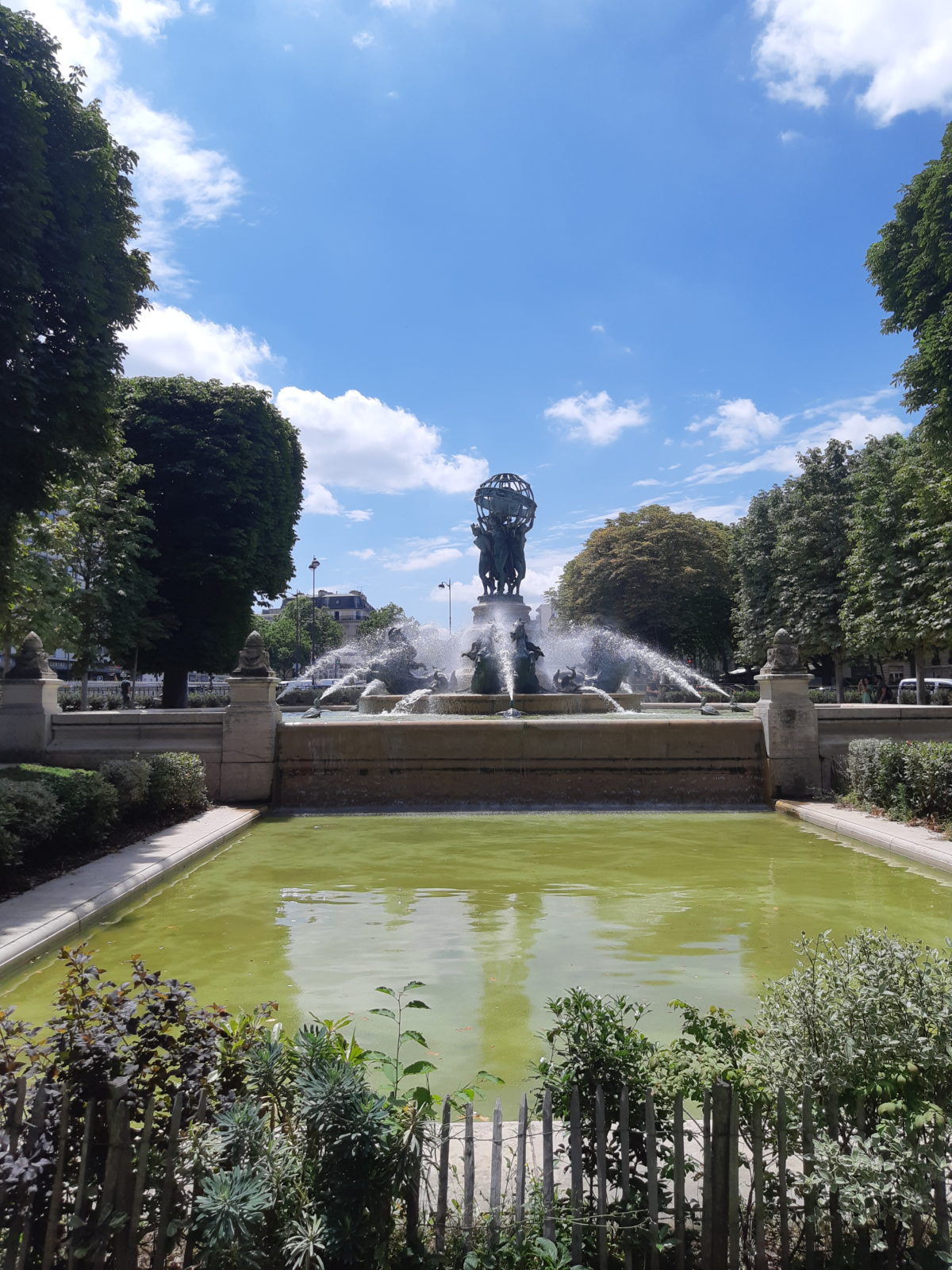(I’m still in Östersund, so perfect time to talk about a previous vacation!)
Paris smells like piss, everyone smokes, and there’s ham in everything. That’s the second thing I noticed. The first thing was straight off airplane, thrust into the chaos of the RER line to Paris being serviced by a bus replacement: my French listening comprehension had dwindled to absolutely worthless. If it had ever been worth anything. That impression faded, however, while the piss, the smoking, and the ham were constants throughout the trip.
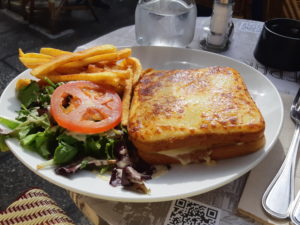
It was a singular moment to be in Paris. It was the best of times (midsummer!), the worst of times (Roe, a suicide in my sambo’s family), the weirdest of times (the Banksy art theft trial). Everything was very surreal. I thought a lot about Weimar Germany, especially at the cabaret performance we had booked on Wednesday night.
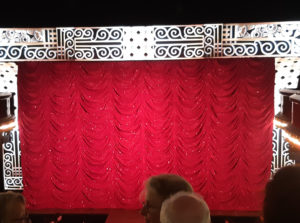
In addition to the cabaret, I had a full agenda for basically the whole trip, happy to cede the planning to someone else who had been to Paris already and was familiar-ish with everything. As a result, the trip was a good balance of The Hits (Eiffel Tower, the Arc de Triomphe, Shakespeare and Company, the Luxembourg Gardens, the catacombs) and slightly more offbeat destinations (aforementioned cabaret show, only a quick driveby the outside of the Louvre, a very specific crepe place).
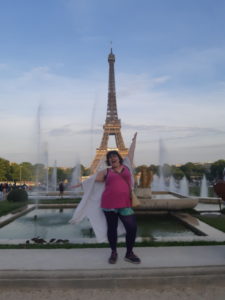
We drank a lot of wine and ate a lot of cheese, but we also walked all over except for one metro trip and one Uber trip, so it didn’t feel particularly indolent. I certainly caught my fair share of sun.
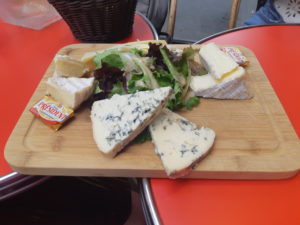
By the end of my trip, it also dawned on me just how successfully Paris tourism has capitalized on its literary history. That was the fourth thing I noticed. You can visit Bar Hemingway if you’re lucky—there’s only 25 seats in the whole place. There’s a line down the block at Shakespeare and Company less than an hour after opening, even on a weekday. The same can be said for Les Deux Magots and Cafe Flore, which are now officially located at “Place Sartre-Beauvoir.”
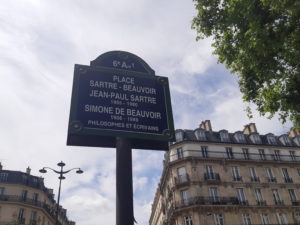
Paris is a city that knows how to market itself, and maybe that’s why I wasn’t particularly sad to leave it. I had a great time—there’s certainly more to do in Paris than you can do in a week—but there was nothing charming or romantic that even tempted me to fantasize about another, more Parisian life. Paris syndrome came to mind. Whether it’s romance or philosophy or jazz, people show up with this crystallized ideal in their head and then you realize that the clubs and cafes your favorite artists frequented are unnaturally, unnervingly the same as they were back then…and therefore different. They are fossilized and lifeless; today’s de Beauvoirs and Hemingways and Baldwins are in completely different clubs in completely different neighborhoods. The cycle continues and in another hundred years they’ll also be tourist destinations—assuming humanity makes it that long.
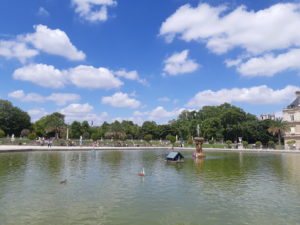
On the other hand, An American in Paris still felt very much like an on-point tonal portrait of the city, even though it’s nearly 100 years old and even though Paris has seen some pretty tough, drastic history since then.
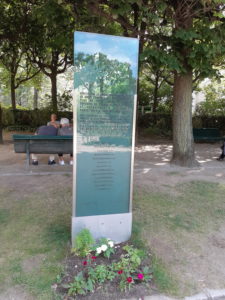
And Paris is huge. Going from my little village suburb of Stockholm into the 6th Arrondissement was probably just as overwhelming as switching languages. So many cars, so many sirens, so many people. Even Gamla Stan, probably the nearest analogue Stockholm has, is calmer and quieter, the narrower streets making it hard for there to be all that much car traffic. Which bookends very nicely to the first thing I noticed: my French was shit.

Which again, shouldn’t have been a surprise. But I can negotiate daily life in Swedish without really any hiccups; in Korea I was there for a year at time, part of a larger system that included other NESTs and hagwon owners willing to scrounge up the occasional babysitter for tasks like visas and bank visits. Trying to operate in French was like trying to shift gears without a clutch, and I didn’t have the time to get the hang of it. Swedish, in comparison, was immediately lucid. Comprehension was instantaneous. I was surprised at how much of a relief it was to hear it again.
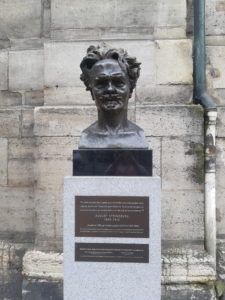
Borta bra men hemma bäst. There’s no place like home.
